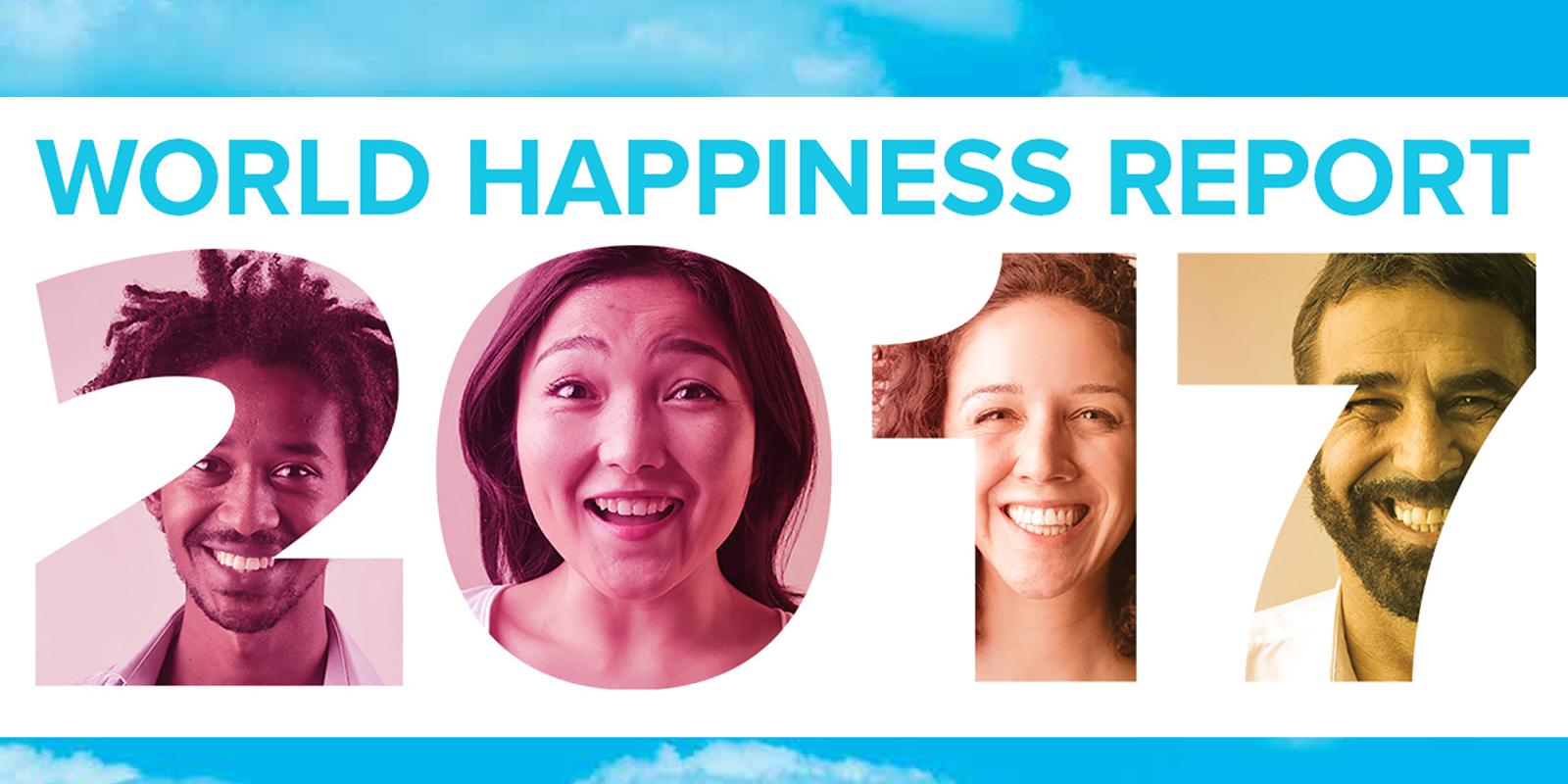
Egypt Moves Up in World Happiness Report Rankings
Representing a significant increase from last year’s report, Egypt has moved to a higher place in the 2017 UN World Happiness Report. Ranked the 104th happiest country in the world out of 155, Egypt comes in eighth place in Africa and 13th in the Arab world.
First published in 2012, the report takes into account six factors, including GDP per capita, life expectancy, social support, level of corruption in government and business, freedom to make life decisions and generosity measured by recent donations.
To better understand why Egypt might have moved up in the rankings this year and what happiness means in general, News@AUC spoke with Anne Justus, associate professor of practice in psychology.
How does psychology define happiness?
Happiness is defined differently for everyone, and it changes over the course of your life. For example, I have a 20-month old daughter, and I’m sure if she could vocalize it, her definition of happiness would be very different from mine. Generally, when we are talking about happiness, we talk about a lack of immediate struggles or immediate suffering. Although, of course, you can look at populations in which there are lots of suffering and significant trauma, but they’re still able to feel happiness and joy. So for some people, it’s an overall psychological feeling, and for others, it’s little bursts or little moments.
What factors cause or inhibit happiness?
When we talk about inhibition of happiness, we talk about feeling a lack of control, which could be anytime you feel that someone or something has control over your life and you don’t have control over your own life. This is called locus of control. If you feel it’s internal --- like you have control over your own life --- then you will tend to feel happier. If you feel you have an external locus of control --- for example, your parents are making decisions for you, society is telling you what’s okay or what’s not okay --- then you’re less likely to feel happiness.
How does happiness on an individual level affect society?
If people feel safe, they are more likely to feel happy. Feelings of safety go with feelings of predictability: “I know what tomorrow will bring; I know how I’m going to feed my family tomorrow; I know what the laws are.” So if we’re talking about individual or micro-happiness, the more micro-happiness you have, the more macro-happiness you have. So if everyone’s feeling a little bit safer, there will be overall a greater sense of joy or happiness in the community as a whole.
Why do you think Egypt went up in the happiness rankings?
On the one hand, if we’re looking at Egypt today, there are lots of examples of having an external locus of control, so people may be less likely to experience what Western psychology would consider overall happiness. But then, on the other hand, there’s a whole aspect of spirituality, and there’s lots of research showing spirituality and happiness as connected. Spirituality and mental health are also connected. Research shows that people who are more spiritual, regardless of their religion, have higher rates of joy and happiness than people with lower rates of religion or spirituality. This could partly explain Egypt’s higher ranking.
The last six years in Egypt have been turbulent, and even though there are still issues now, they’re at least predictable. Even though many still feel subject to an external locus of control (for example, we don’t have much control over whether the Egyptian pound floats or what the price of bread is), it’s more predictable than in our recent past. If we go back four or five years, almost every day was unpredictable. Given this move from unpredictability to some predictability, it makes sense that happiness has gone up a little in Egypt.
Is there anything unique to Egypt when it comes to happiness?
Egyptians are so strong and resilient. I’ve lived in a lot of different places worldwide, and I came here in 2007 expecting to stay two years and go back to New York, but it’s been 10 years and I’m still here. A huge part of why I’m honored to call Egypt my home is the innate beauty of Egyptian people. They’re so generous in time, spirit and hospitality. The widespread acceptance of this idea of generosity, hospitality and paying it forward is different in Egypt than it is in New York, for example.
